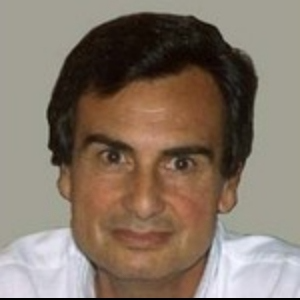Title : Hair Transplantation For Post Breast Cancer Androgenetic Alopecia
Abstract:
Introduction: Alopecia is one of the most common adverse events caused by numerous anticancer agents. Alopecia in cancer patients has a significantly negative psychological and social impact. The incidence of alopecia in patients treated with targeted therapies or endocrine therapy is not anecdotal. Some cases were reported assessing the low efficacy of Minoxidil in endocrine-therapy induced alopecia.
Objectives: The aim of this study was to assess the efficacy and safety of hair transplantation in the treatment of endocrine-therapy induced alopecia.
Materials & Methods: Women with breast cancer, suffering from endocrine-therapy induced androgenetic alopecia, have been grafted with “follicular unit long hair transplant” technique. With this technique under local anesthesia a strip of unshaven hair is harvested from the donor area, segmented into follicular units under stereomicroscope and transplanted into the recipient area. The donor area is close with sutures or staples leaving a nearly invincible fine linear scar. The efficacy on global hair coverage was assessed by both investigator and patient themselves. In addition, hair density, thickness and growth rate were assessed with a digitalized phototrichogram on the donor area (Trichoscale?).
Results: 10 patients, 42 to 72 years old, with androgenetic alopecia due to endocrine therapy. Hair coverage was improved by 50 to 70%. The long term follow-up, up to 3 years, showed the permanent efficacy of hair transplantation. Neither transplantation failure nor side effect, except frontal oedema during the 3-4 days after surgery, has been reported.
Conclusions: Endocrine-therapy alopecia is not rare. Its clinical pattern is similar to androgenetic alopecia. Hair transplantation has demonstrated its efficacy for the long term treatment of this alopecia. Since no shaving is needed with “follicular unit long hair” technique, this is particularly recommended in women. The advantages of hair transplantation are the long-lasting effect, the poor side effects and the absence of compliance issue.



